Life in Italy is “Better in Colours” !
Although they now may seem antiquated to most people, attempts to forcefully change someone’s sexual orientation or gender identity are still common in many countries, even in the heart of Europe. In Italy, a staggering 1 in 5 LGBTQIA+ people has been subjected to these conversion practices.
As a reaction, the Italian queer movement came together, with leadership from queer media Gaynet, over a joint campaign to dismantle these practices, which several regional and global Human Rights bodies classify as acts of torture.
We spoke to campaign lead Rosario Coco for insights into this initiative.
Rosario, how did the idea for this campaign come about?
The Italian LGBTQIA+ movement felt that they needed a specific topic to focus on, in order to build a common and long term united front.
In June 2023, Gaynet promoted a conference about the different legislation in Europe on the topic. Several organisations got together and started a campaigning platform to fight conversion practices. This offered an excellent opportunity to unite over a common target and build an overall narrative to help us debunk misinformation and propaganda rolled out by Conservatives on sexuality and gender. It was important to identify a proactive agenda because since 2021 the movement had mainly been reactive and defensive.
How was the strategy developed ?
The platform identified the need to build a communication strategy that does not limit itself to reaching circles already supportive of LGBTQIA+ rights, but instead focuses on “undecided” or “uninformed” people, who are also the target of propaganda against civil rights.
The campaign was developed between the end 2023 and the beginning of 2024 through the work of a dedicated team of experts with diverse expertise, including communication, legislation, and advocacy. Throughout the process, the platform organised key feedback moments to ensure shared ownership and alignment with community needs. The team was established and coordinated by Gaynet, which played a central role in guiding the campaign’s overall design and implementation. However, the campaign was systematically identified and promoted as a joint initiative by more than 30 local and national organisations.
What strategies emerged from this process ?
We developed several strategic directions:
We first needed a good policy strategy, to see where our efforts should go. We undertook a consultation with key stakeholders in the field of LGBTQIA+ legislation in Italy to decide whether to follow penal or civil law. After an initial draft based on civil law, we shifted to a penal law approach, as we identified that relying on the legislative system to enforce sanctions was not feasible. We then crafted the bill that would become the backbone of our strategy.
Of course, the approach to communication was the core element of the strategy. We analysed similar campaigns in Italy and abroad and created a dedicated communications team to develop framing strategies and test the main messages through focus groups and the “ask a friend” method. The team’s construction benefited from the involvement of experts who had successfully led campaigns in Italy, such as the one on civil unions in 2016.
The core focus of our initial communication was that 1 in 5 LGBTQIA+ people in Italy has been submitted to practices to discourage or change behaviours related to LGBTQIA+ identities and expressions. (This figure comes from a European study by the Fundamental Rights Agency).
It was important for us to not build this strategy in a bubble but to connect with the wider Italian Civil Rights movement. We involved the political coordination group La Strada Dei Diritti, the main consultation space where Italian organisations share information and launch joint initiatives. Between November 2024 and February 2025, meetings facilitated discussions about the needs and foundations of the campaign, leading to the creation of a specific working group. The campaign launch on May 17 2024, the International Day against LGBTQI-phobia (IDAHOBIT), was implemented through La Strada Dei Diritti’s chat and co-editing of a joint press release.
In September 2025, as the campaign had gained a lot of momentum, we released a much more detailed report that documents the realities of conversion practices in Italy.
How did the campaign unfold ?
We began by establishing the campaign’s comms tools, including a website, social media presence (Instagram only), and internal tools. We then focused on promotional actions, including an official presentation during Pride in Rome in 2024.
Initially, communications focused on an online petition developed with the global campaigning platform AllOut.org supporting the bill, aiming to raise awareness within the LGBTQIA+ community.
Other activities targeted allies and civil society organisations, such as educational content on the website and social media.
By the end of 2024, the campaign shifted its call to action to support the European Citizens’ Initiative (ECI) campaign, aiming to collect 60,000 signatures in Italy—a goal successfully reached by May 17, 2025. After that, we turned back to the AllOut.org petition, which now has more than 20,000 signatures.
In February 2025, we collaborated with LUSH to launch a dedicated campaign in each Italian store for two weeks, training employees and promoting a special product, the proceeds of which supported the campaign. Through this action we directly reached 140,000 people.
Other promotional actions included the Worth Wearing store and merchandising materials, such as t-shirts and pins.
In May 2025, the campaign served as the main communication channel supporting the national demonstration for IDAHOBIT in Rome.
In June, the campaign was very visible in the national protest against Italy’s new security law, which limits the right to peaceful assembly and the campaign was present at several Pride events between June and July, maintaining visibility and engagement throughout the summer.
Last but not least, we produced a video spot released on Coming Out Day, focusing on the experiences of trans individuals and the topic of trans depathologisation.
Interestingly, you went for a “distributed action”, rather than a centralised model
We knew that a campaign that gave many groups a chance for ownership and agency would be most successful. So we launched a call for ideas directed at all Italian organisations and groups, with a specific procedure to propose content, events, and initiatives in partnership with the campaign.
The idea is that the participants would benefit from the campaign’s clout and from the expertise of its network of professionals, and that the campaign in turn would gain more visibility from these actions.
A good example of this participatory approach is the “Better in Colour, Better in Sports” project, which involved running a survey among participants of the EuroGames in Lyon in July 2025, focusing on experiences of discrimination and conversion practices. The survey was administered successfully, and the results are expected to be available in October.
What are the results so far?
In one year, the campaign contributed to over 60,000 Italian signatures for the European Citizens’ Initiative (ECI) against conversion practices in Europe, collected over 20,000 signatures for an Italian law, and reached more than 140,000 people in person.
Importantly, we also got the official support of the Italian Psychological Association which helps to refine the definition of what does or not constitute a conversion practice in the law.
What aspects are you particularly happy about?
We are particularly happy that the campaign is gradually becoming known and appreciated—exactly as intended. The original project is designed with a final milestone in 2028, and we are pleased that some organisations are increasingly embracing its spirit: it is a joint campaign, where any representative of the promoting organisations can step in as a spokesperson when needed.
Gaynet, an association of journalists and media operators, conducts training, events, and conferences, in its own name, but when we work on strategic communication and campaigning, our role is to build tools, platforms, and carry out the core work without seeking visibility or brand promotion.
We are also proud of having initiated a constructive dialogue with academics to strengthen the legislative proposal.
What would you do differently?
It is difficult to say, but we would probably spend more time building a dedicated fundraising group and finding the right people to lead it. One goal we did not fully achieve was the financial target: by 2025, we had reached only about 20% of the resources we had aimed for. We are engaging in some side projects, like Better in Colors, Better in Sports (a joint project by Gaynet and Oxfam), through which we expect to raise €5,000 in 2026, but we are still far from the resources needed.
What advice would you give to fellow activists?
- Never assume that things will go exactly to plan. It is essential to involve different people with diverse perspectives, constantly adapt to unfolding events, and have the ability to learn from mistakes—which happen every day.
- The first challenges will often come from your colleagues and allies. A key skill for anyone leading an initiative is managing unmotivated complaints and attacks, being patient, and handling the constant pursuit of personal visibility from everyone involved (including yourself). To address this, it is important to adapt and establish a system where all outputs properly acknowledge the contributions of both individuals and organisations.
- Always remember that campaigning is for the public—people who are unfamiliar with, or have little knowledge of the topic. Most of your energy in communication should be invested in reaching audiences outside your usual bubbles. These tasks should not be confused with the priorities of organisations whose main focus is broader advocacy work such as building and empowering the community, providing services, running shelters, organising Pride events, lobbying, etc. It has to be clear that not every organisation is expected to be involved in all stages of the campaign.
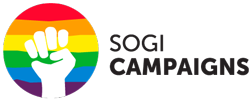
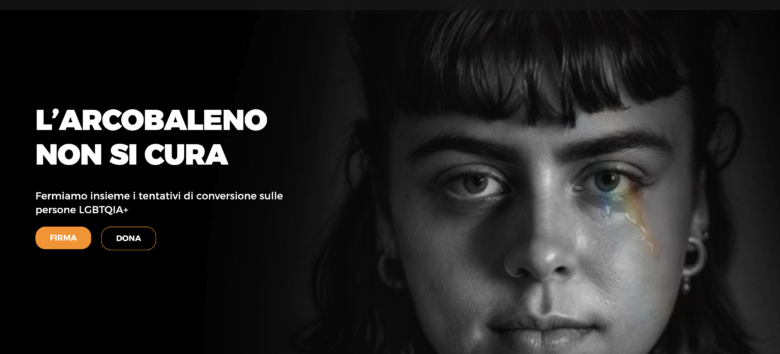
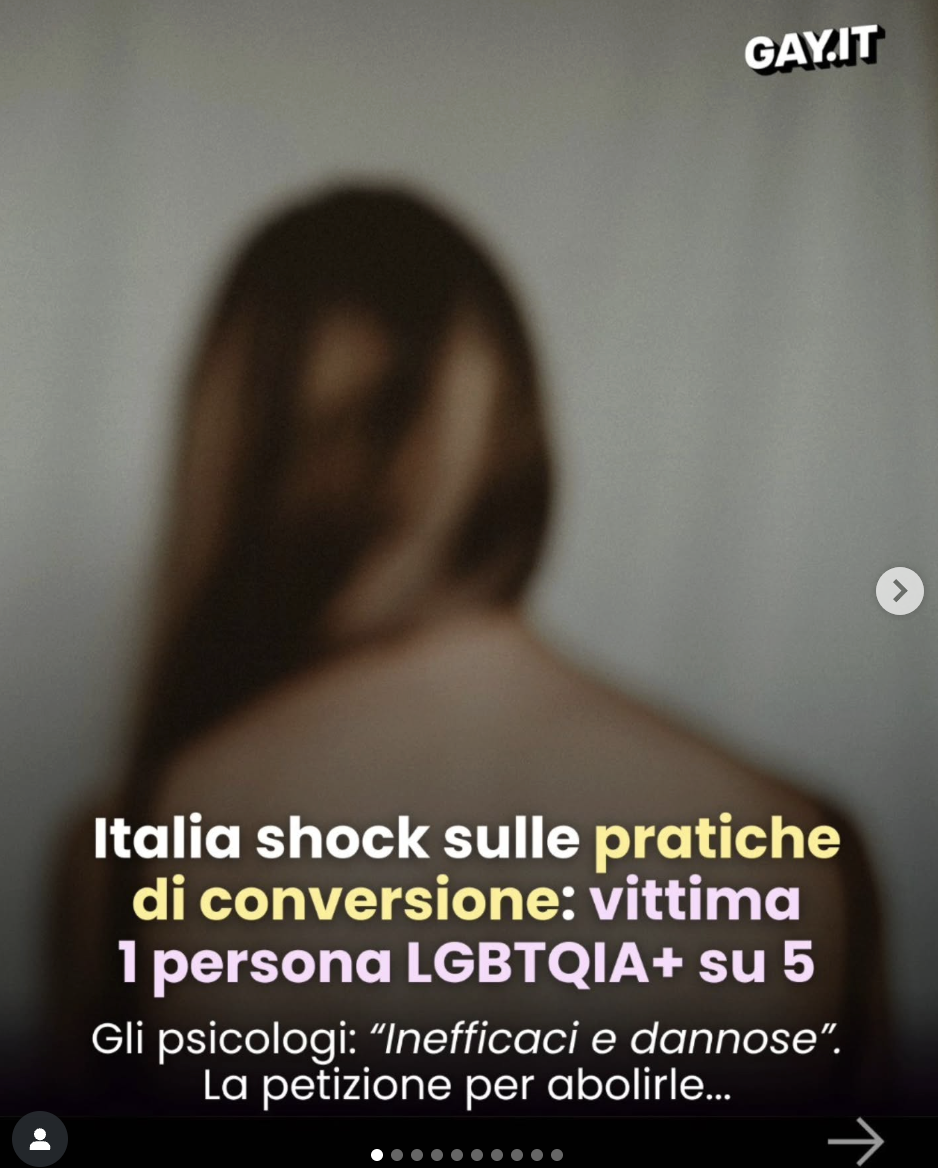
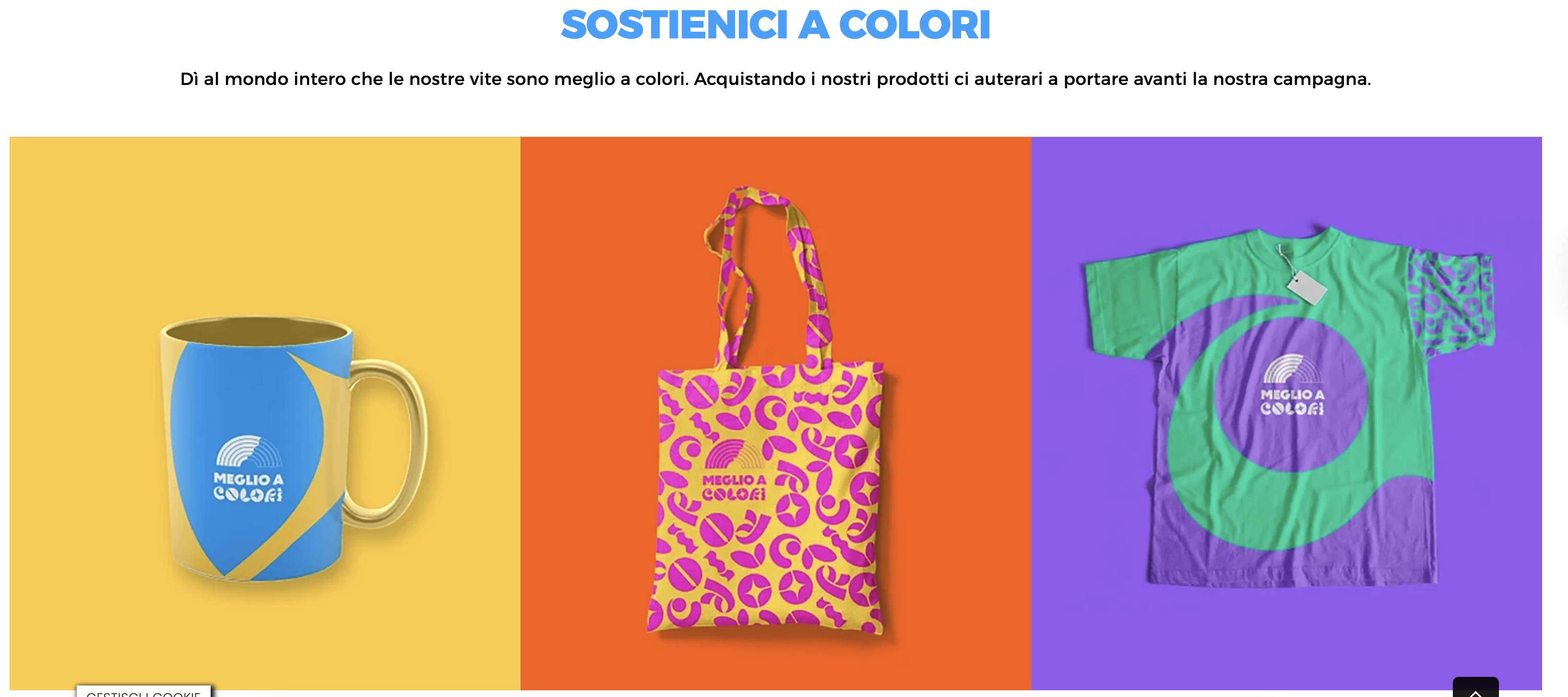
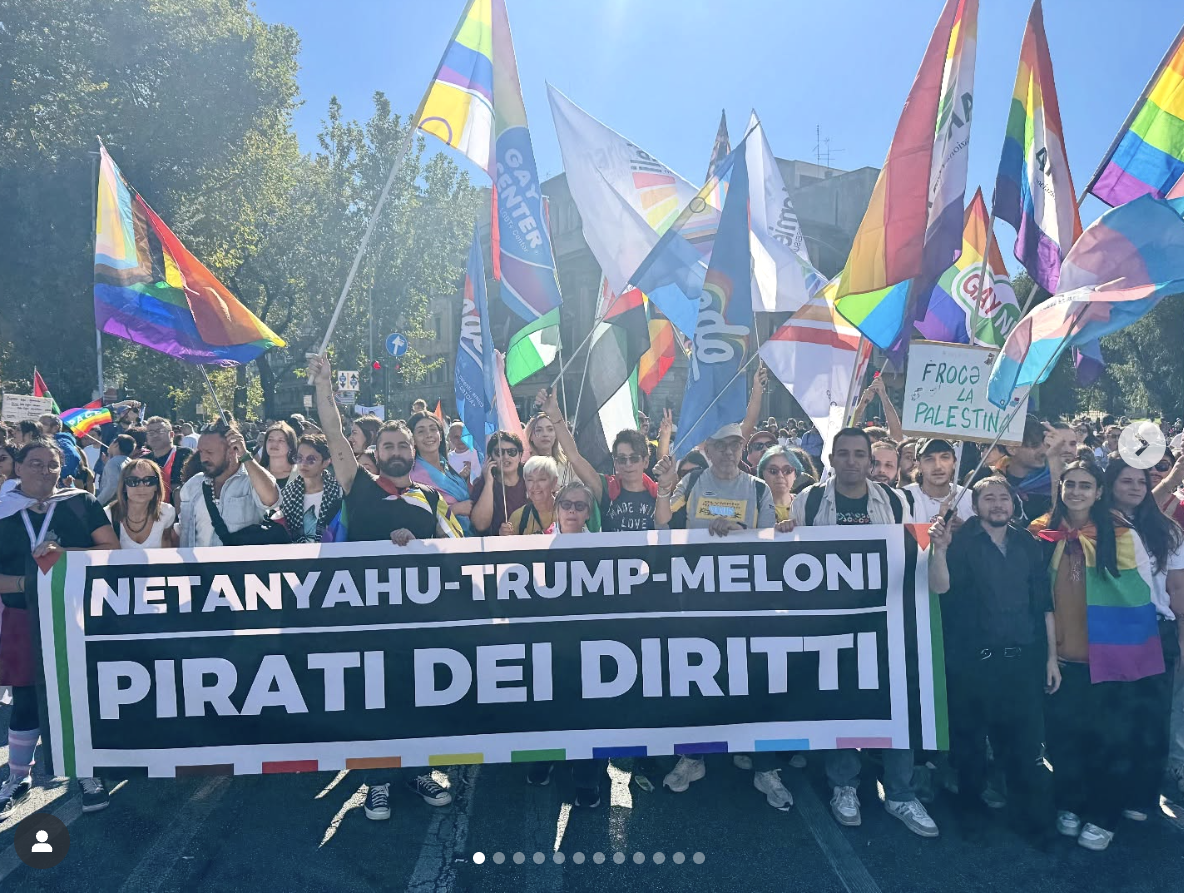
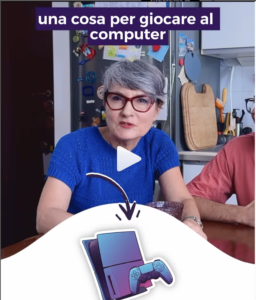
Comments are closed.